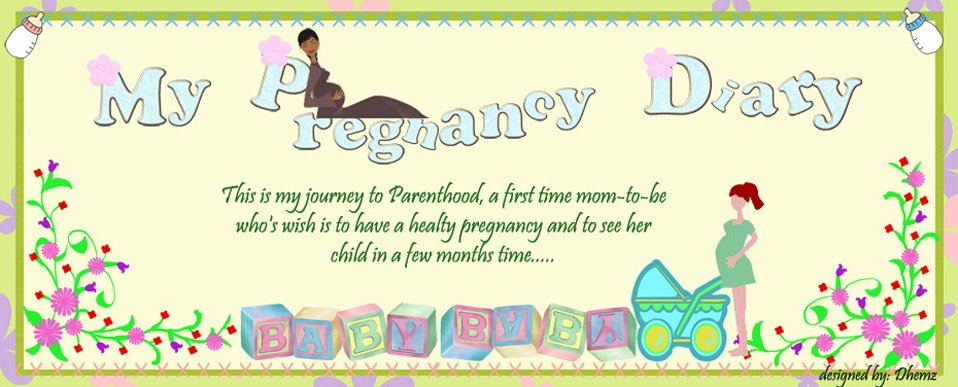Back pain is very common in pregnancy as pregnancy hormones relax your joints, ligaments and muscles. Your increasing weight will add to the problem, especially as it is natural to want to push your bump forwards which puts greater strain on your back. Walking, prolonged sitting or standing in one position may make your back pain worse.
How can I prevent it?
Try to use your body more efficiently. Stand up straight and tall, ensuring your chin isn't tilting upwards. Avoid standing for too long in one position. If your job involves standing for long periods, keep changing from one foot to the other, sit down when you can and take a walk at lunchtime. In bed, use plenty of pillows for support; keep your thighs parallel to prevent your top leg twisting across your body (recovery position). When getting out of bed, roll onto one side, push yourself up to a sitting position, then slowly stand up.
Don't carry heavy shopping - shop online instead, or ask a friend to help you. Avoid carrying a baby or toddler on one hip, as this puts great strain on the back. Ask for help with housework and chores, or hire a cleaner for a few months, if you can afford it. Wear comfortable shoes with broad supporting heels and adequate straps to prevent your feet from slipping about and twisting your ankles. Wear a well-fitting supportive maternity bra with wide straps and adequately sized cups, to avoid extra strain on your shoulders and rib cage.
At work, you could ask your employer for a lumbar support or an orthopaedic chair, and avoid crossing your legs. Check the position of your computer screen and mouse and adapt these if necessary; leave your desk regularly to move about and get some exercise and fresh air at lunchtime. When driving, make yourself comfortable – and then adjust your rear view mirror so that you do not need to move your head to an unnatural position to see out of the rear window.
Self-help suggestions
Exercise
Gentle exercise, such as walking and stretching, may relieve stiffness and pain. However, don't force yourself to keep walking if you experience pain. Take a rest, otherwise you may strain your ligaments further. Swimming can help too, but avoid breaststroke unless your face is completely in the water, so that your neck and spine are in a straight line. Yoga, tai chi or relaxation classes may be helpful, but always let the teacher know that you are pregnant.
Massage
Gentle massage can ease some backache, but the effects tend to be temporary. If your partner gives you a massage, don't let him massage deeply in the dimples either side of your lower spine, as there are acupuncture points here which can stimulate contractions. If you have sciatica, avoid massaging directly over the affected area until the true cause is known, as this can worsen the condition in some women.
Aromatherapy
Relaxing in a warm bath with essential oils of lavender, ylang ylang or marjoram (for muscle pain) may help. Lavender oil should be used only occasionally in the first trimester, as there is some evidence that it may stimulate contractions (Cavanagh and Wilkinson 2002). Don't use more than two or three drops at a time.
Alternatively use a warm (but not hot) water bottle, or make a compress by adding two drops of each essential oil to warm water. Soak a cloth in this water and place it over the small of your back.
Homeopathy
If the pain is made worse because of injury or strain, gently rub homeopathic arnica cream into the area. Other homeopathic remedies which can be useful include nuxvomica. Try taking it in the 30c strength, if the pain is aching, dragging and bruise-like, but you have constipation and you are irritable and refuse to "give in" to the pain.
Sepia may work if you feel as if you have been "hit by a hammer", are run down, exhausted and feel worse when you are bending down or sitting, better if you walk about. If your symptoms do not improve after a few days, consult a registered qualified homeopath.
Herbal remedies
Herbal remedies which are popularly used to treat backache in non-pregnant patients, such as Devil’s claw, should be used with extreme caution as there is insufficient evidence regarding their safety in pregnancy (Gagnier et al 2004; Ernst et al 2006).
Source: Baby Centre UK
Fish and Potatoes for Dinner
-
This is what we had last night for dinner. Simple yet so yummy.... Each
we've had 2 pieces of prepared and marinated Tilapia (oven cooked) and
sliced boile...
16 years ago
























No comments:
Post a Comment